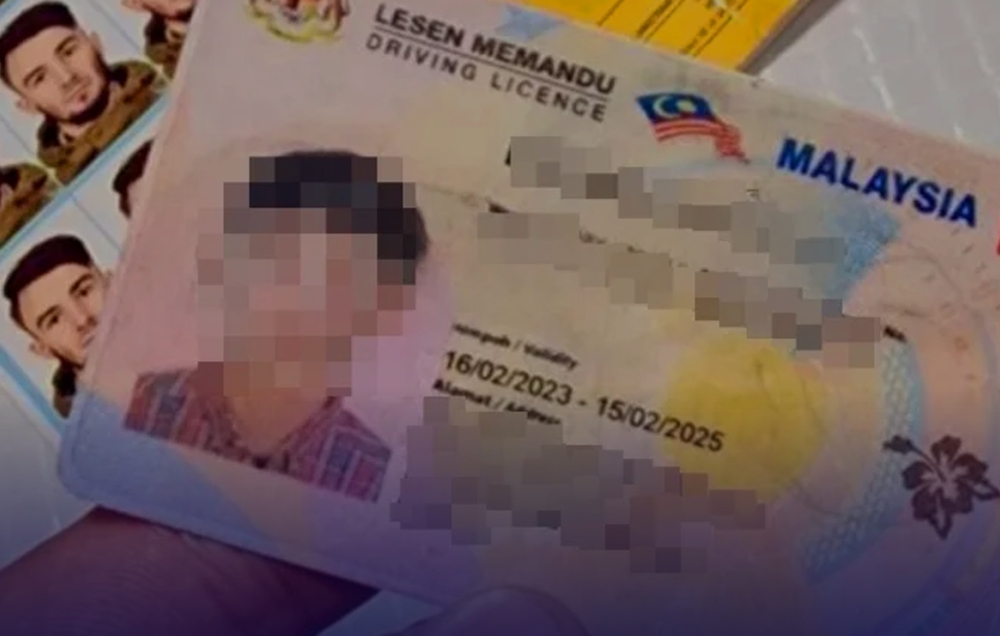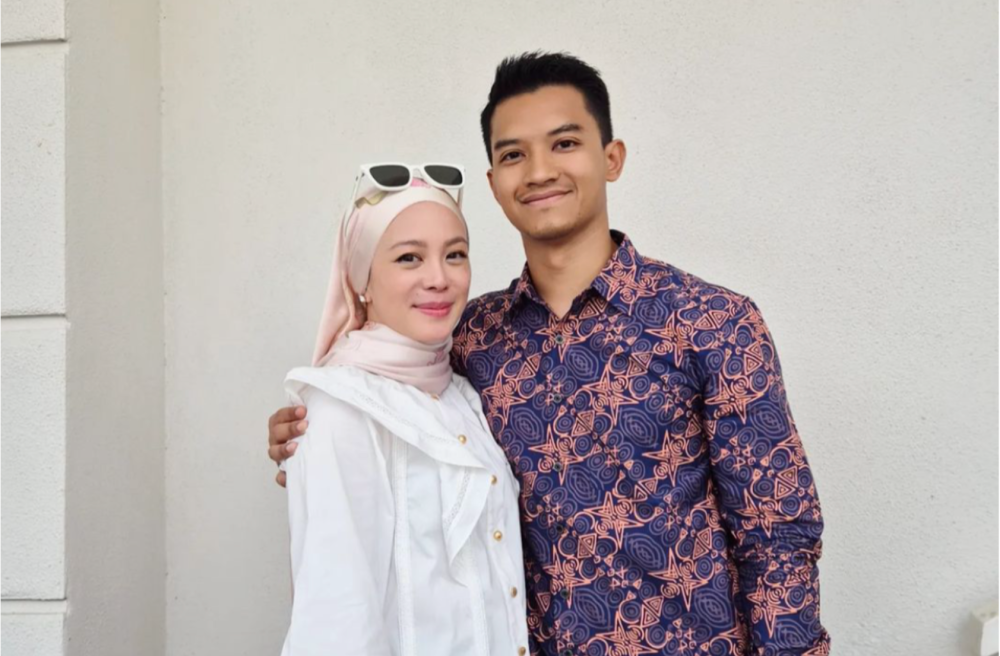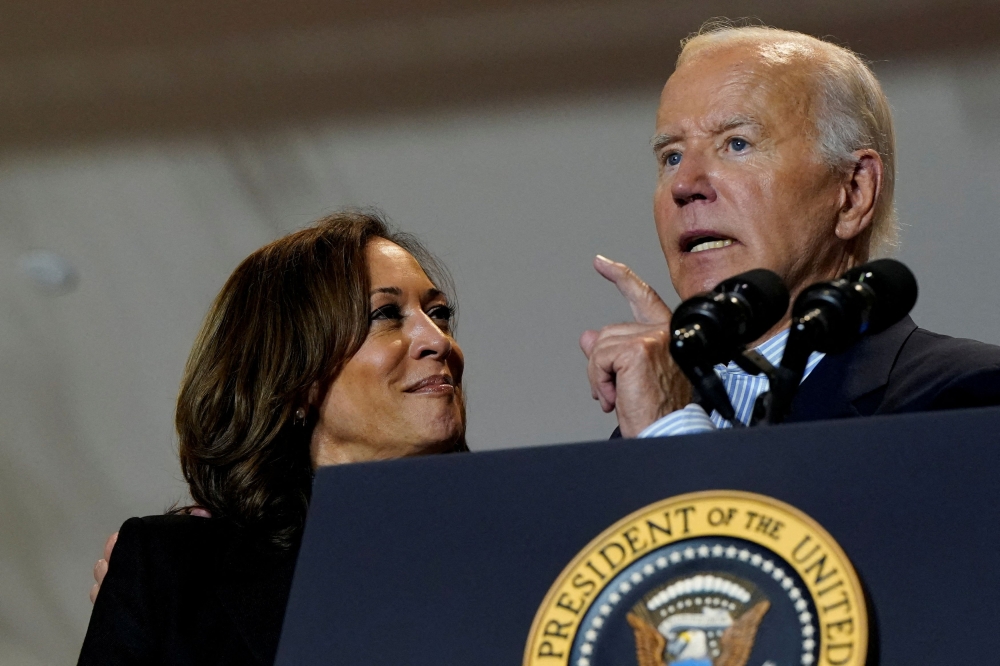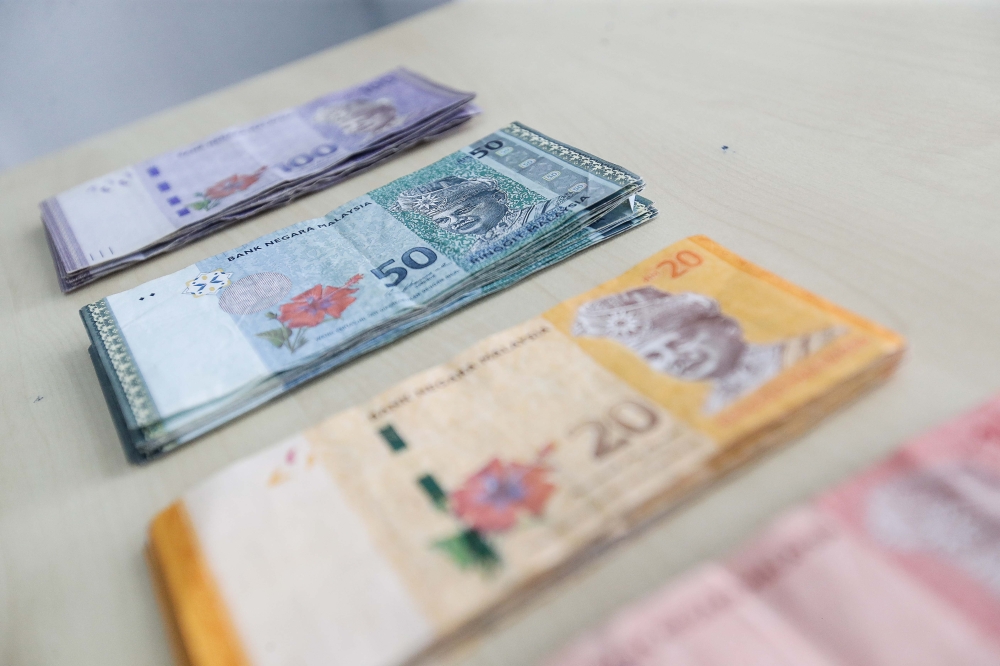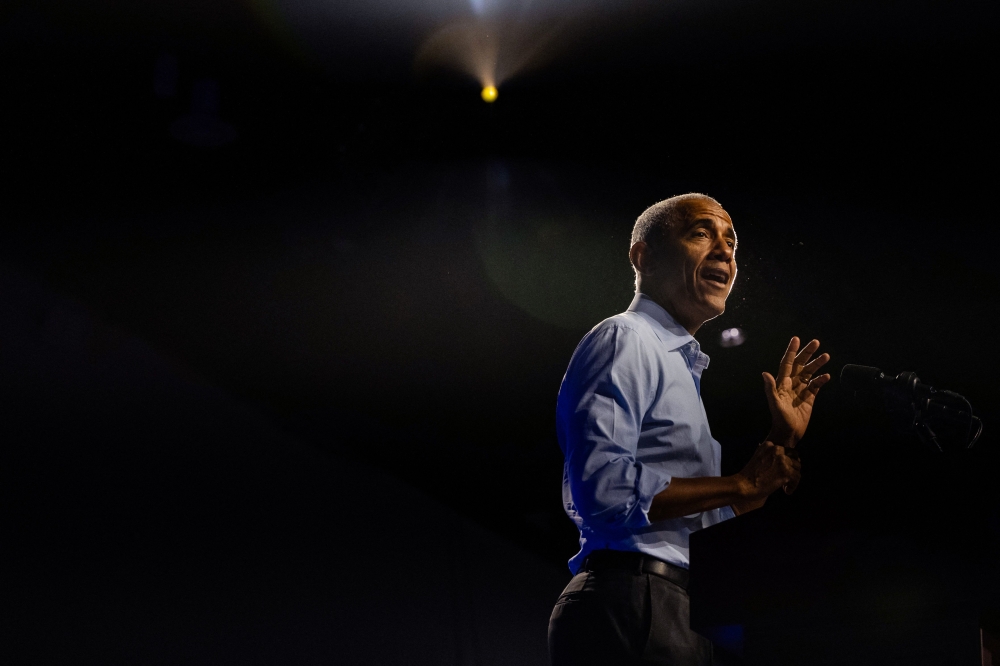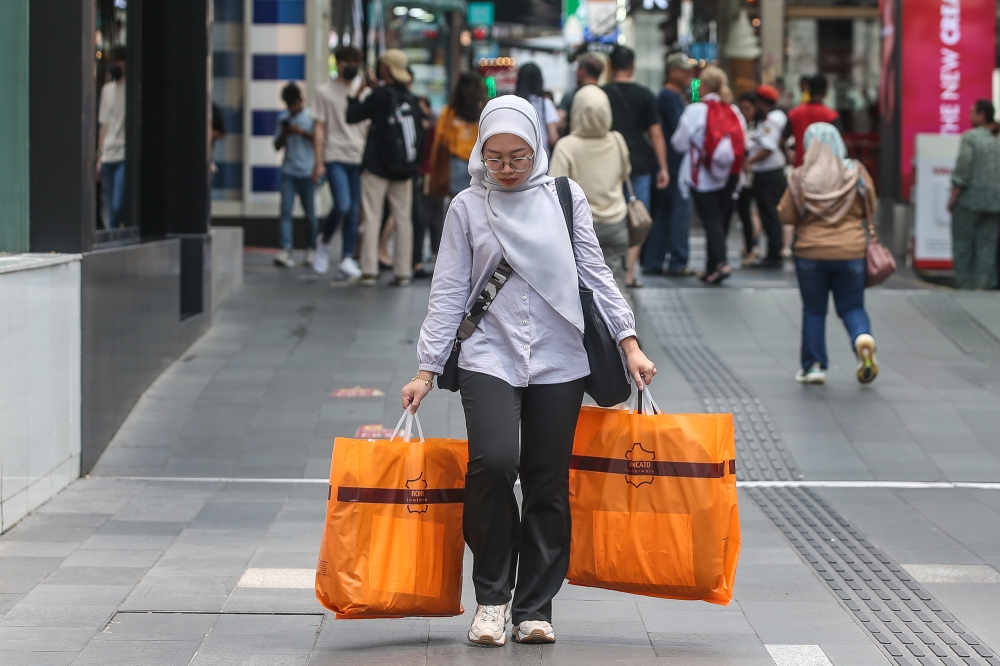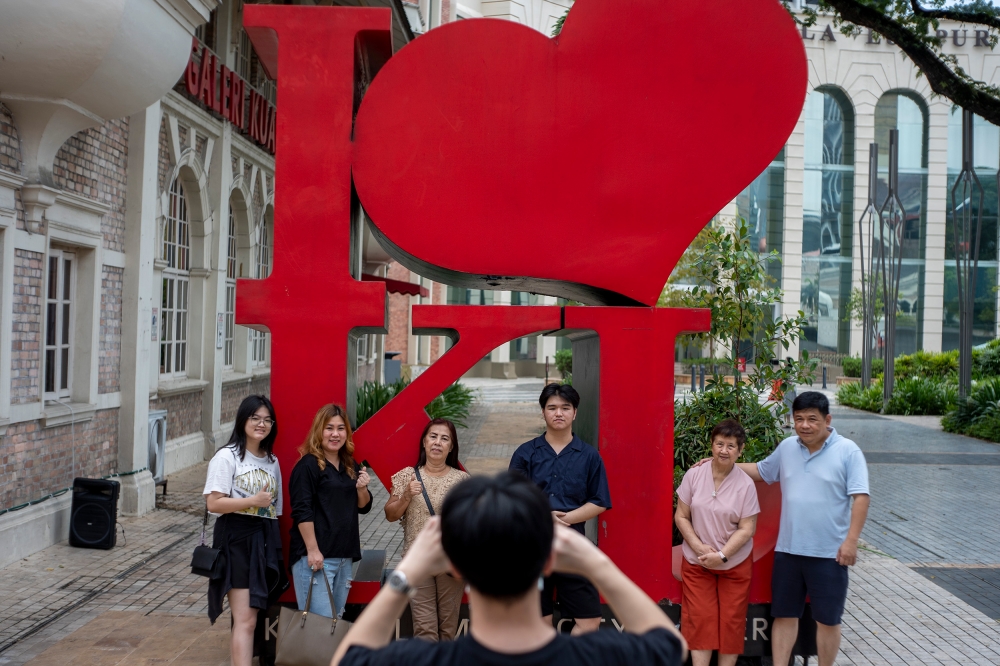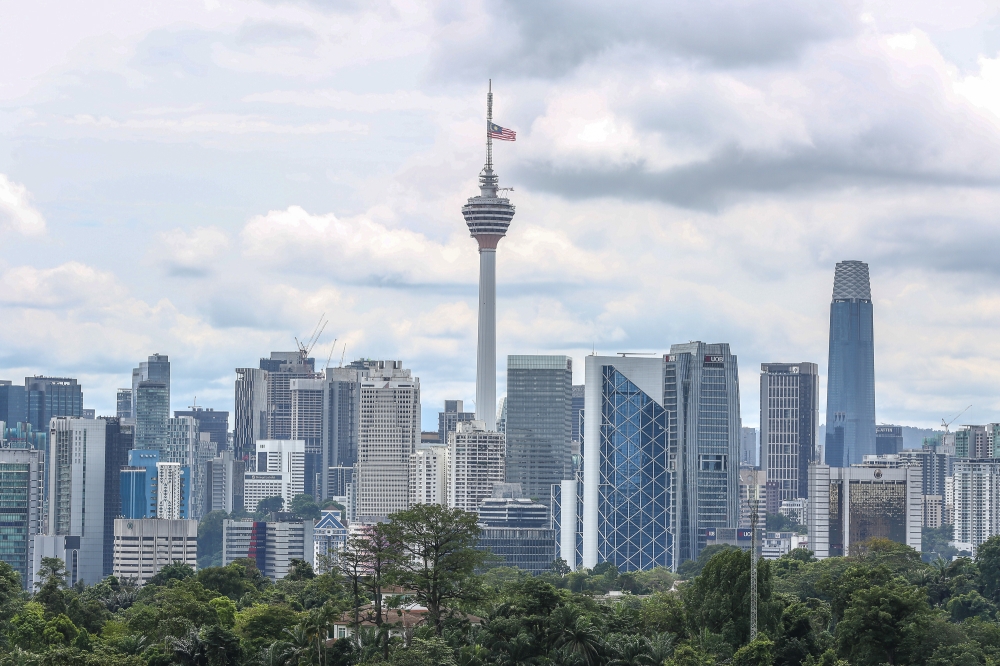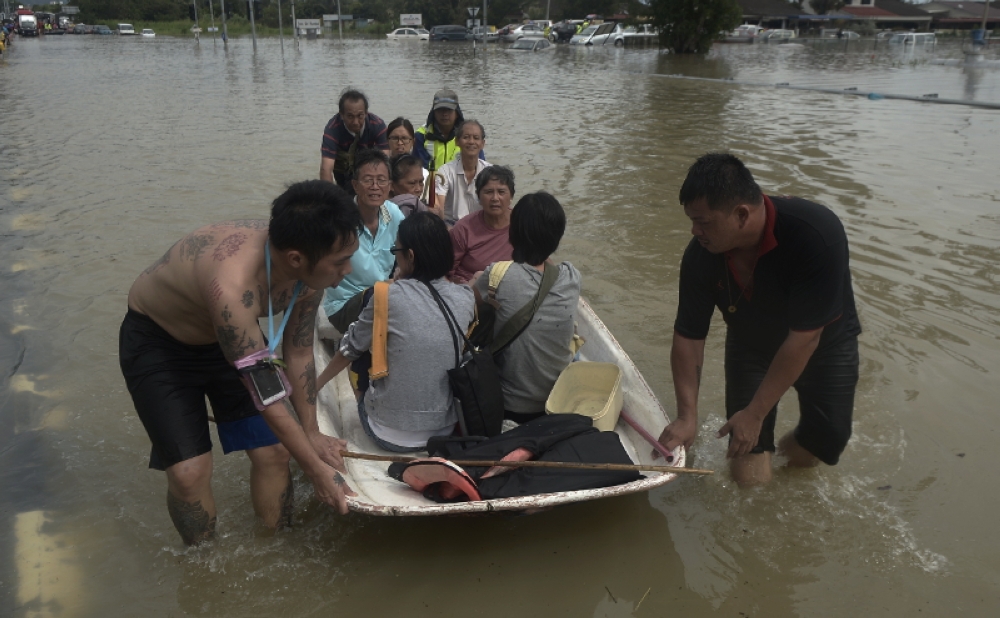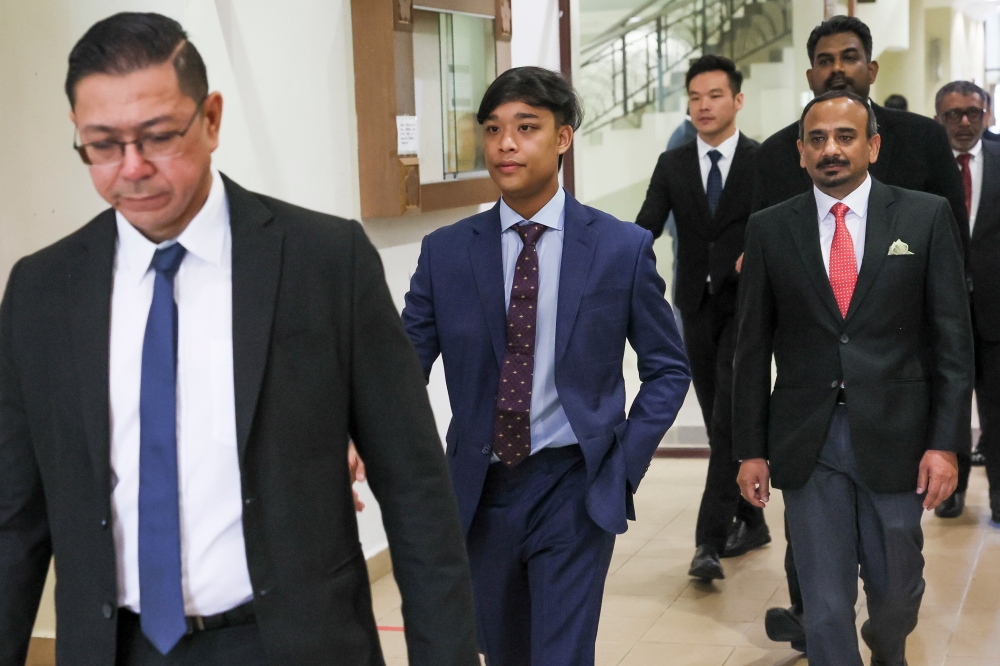KOTA KINABALU, April 10 — Sabah and Japan can explore several sectors which both countries can work together in, said Japan’s ambassador to Malaysia, Takahashi Katsuhiko.
Among the sectors that have potential for cooperation are agriculture, manufacturing and energy, he said.
Takahashi, when speaking to The Borneo Post during his maiden visit to Sabah since being appointed Ambassador to Malaysia, said the visit was to conduct courtesy calls on state government leaders and Head of State Tun Juhar Mahiruddin.
“During the courtesy call on the Head of State and Chief Minister Datuk Seri Panglima Hajiji Noor, we talked about bilateral economic relations and spoke about opportunities for Sabah to work closely with Japan.
“I really felt the eagerness from the leaders of Sabah that they want to have stronger economic relations with Japan. They mentioned several sectors like agriculture, energy and manufacturing. The discussion was relatively general but we identified possible areas of cooperation,” said Takahashi.
He added that he promised the state leaders that his office will continue to provide investment information about Sabah to interested Japanese investors.
“I advised the Sabah government to try to reach out to possible investors in Japan, especially after the Covid-19 SOP is relaxed. Japan still has restrictions enforced but we are expecting it to be relaxed in accordance with the Covid-19 situation in the country and this will facilitate the movement of the people between Japan and Malaysia,” he pointed out.
Takahashi also spoke about the 40th anniversary of Malaysia’s Look East Policy (LEP) and how it has benefitted Malaysians in general.
According to him, as a result of the 40 years effort more than 26,000 Malaysians have studied or trained in Japan under LEP.
They returned to Malaysia and contributed to the development of the country economically and socially, he said.
Takahashi pointed out that having Japanese speaking Malaysians in the country facilitated in attracting Japanese companies to do business here, adding that there are 1,500 Japanese companies doing business in Malaysia.
“LEP contributed to the development of Malaysia and the same can be said for Sabah and Sarawak as there are Sabahans and Sarawakians who studied or trained in Japan under the LEP,” he said.
Takahashi disclosed that there are 440 Japanese living in Sabah and Sarawak and about 60 companies are doing business here.
He said that in conjunction with LEP’s 40th anniversary, the Embassy of Japan will be organising some events and one of the upcoming ones is a photo exhibition by the Japan Foundation at the Sabah Art Gallery scheduled from April 18 to May 18.
“This is the 40th anniversary of the policy therefore it is really a good opportunity for us to review what we have achieved together in the past 40 years and to discuss what we should do to enhance our bilateral relations further.
“Enhancing bilateral relations will mean more opportunities for Sabah and Sarawak because the states are part of Malaysia. We pay attention to the two states in the past and we will continue to do so,” he stressed.
Takahashi also said that the Japanese government’s volunteer program was suspended due to the Covid-19 outbreak but it is now preparing for the possibility of dispatching volunteers once again to Sabah and Sarawak to help out in areas like agriculture or sustainable development.
On the issue of tourism and the progress the sector will see with the country’s borders opened up, Takahashi said that a lot of people want to travel once the normalcy comes back.
“After the news of Malaysia opening up its borders was made, we have heard from some Japanese from the business sector indicating their interest to visit Malaysia and vice versa.
“In 2019 about 400,000 Japanese visited Malaysia while about 500,000 Malaysians visited Japan and the Japanese tourism sector is being upgraded in preparation for the Tokyo Olympics, so the facilities would be available once we open our borders. We are looking forward to receiving Malaysia travellers to Japan,” said the Ambassador.
Takahashi said he felt encouraged by the eagerness of the Sabah Head of State, Chief Minister and state government to have a stronger relationship with Japan.
He is also very happy that they appreciate the good relations maintained between Japan and Sabah.
“We are in a good situation but at the same time we need to continue with our efforts to further enhance the bilateral relationship. I mentioned to the Sabah chief minister that tourism is one area we can do this, transfer of technology or expertise is another way and of course if we can see more investment coming from Japan to Sabah it will be a good thing.
“We agreed to continue to cooperate with each other and confirming this sense of cooperation during the meeting was really important for me, therefore I can go back to Kuala Lumpur with a new resolve that I need to continue working for Sabah,” he said.
Takahashi when asked for his personal take on Sabah, described the state as a place for eco-tourism as it has a rich diversity of wildlife.
“And the people of Sabah are open minded and welcoming. Even in my short stay I enjoyed interacting with Sabahans. I need to come back and see more and I am looking forward to it,” he said.
He added that he will be recommending to his nature loving friends to visit Sabah, especially those who want to climb Mount Kinabalu and see the wildlife the state has to offer.
Takahashi also disclosed that more information about the programs for LEP’s 40th anniversary will be posted on the Japan embassy’s website, Facebook page and his official Twitter account. — Borneo Post

